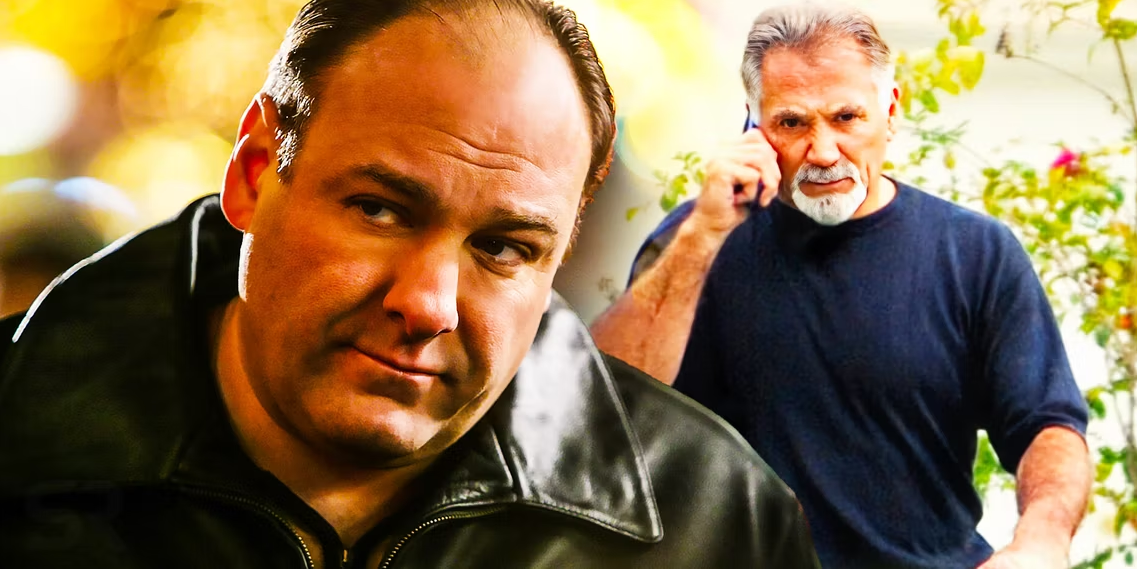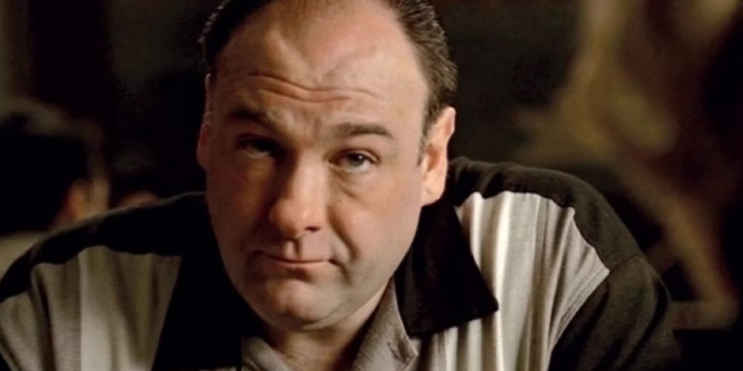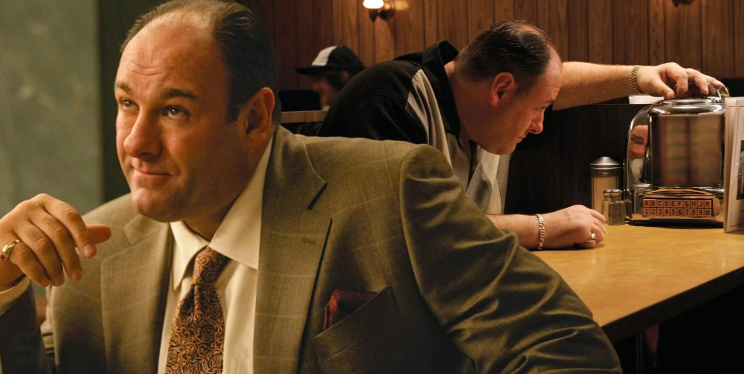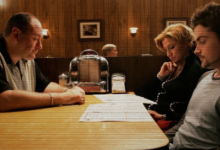The Sopranos True Story: The Real-Life Mob Boss Who Inspired Tony
The Sopranos was hugely influenced by true crime and fictional gangster movies, but one mob boss believed that he was Tony Soprano’s inspiration.

David Chase was inspired by both fictional mobsters and real-life gangsters when creating The Sopranos’ protagonist Tony Soprano (James Gandolfini). Drawing on fictional characters like Vito Corleone (Marlon Brando), The Sopranos changed US television forever, and also added new layers to the gangster genre – tackling subjects like male mental health, and how the mob viewed homosexuality. The Sopranos was also heavily influenced by the real-world crime families associated with the Mafia in contemporary America. For example, an early scene in The Sopranos season 1 sees Tony quizzed on real-life mobster John Gotti.
It’s the fact that the influence of these real-world gangsters bleeds into the show that has convinced viewers there’s a “real” Tony Soprano. While it’s more likely that David Chase amalgamated various fictional and real gangsters to create Tony Soprano, there are a number of candidates for the real-life inspiration. The real-life gangster who is most widely accepted as the “real” Tony Soprano is Vincent “Vinny Ocean” Palermo with whom Tony shares many similarities, but whose stories diverge considerably toward the end.
Tony Soprano Is Supposedly Based On Vincent Palermo

The 2006 documentary The Real Sopranos drew comparisons between Tony Soprano and Vincent Palermo as it joined the dots between the fictional world of David Chase’s TV show, and the reality of contemporary New Jersey: Palermo was the de facto boss of the DeCavalcante crime family, Tony was in charge of The Sopranos’ DiMea crime family. Like Tony Soprano, Palermo’s crime family ran a strip club, which was said to be the inspiration for The Sopranos’ Badda-Bing. The documentary also included FBI recordings of discussions within the DeCavalcante family, in which they discussed The Sopranos:
“Is that supposed to be us? Every show you watch, more and more, you pick up somebody … There’s a pork store. Yeah, in Jersey, right? They got a topless joint over there. Jesus.”
Palermo’s rise to power also strangely mirrored Tony’s own ascent as seen in The Sopranos season 1. A joke about the oral sex skills of Uncle Junior (Dominic Chianese) spiraled wildly out of control, leading to a Godfather-style hit against Tony Soprano. Tony and Junior’s struggle ended in Tony’s favor, and Junior was allowed to live, albeit in reduced circumstances. Tony’s mercy for Junior was in sharp contrast to how Palermo rose to the top of the DeCavalcante family. A similar sex scandal involving bisexual mobster John “Johnny Boy” D’Amato and his visits to swingers clubs led to a violent coup that left D’Amato dead and Palermo at the head of the family.
How Vincent Palermo And Tony Soprano’s Stories Ended Differently

Both Vincent Palermo and Tony Soprano had to contend with FBI informants in their midsts, but their responses to these betrayals varied. When Ralph Guarino, one of Palermo’s associates became an FBI informant, he was able to gather enough evidence to guarantee Vinny’s arrest. Faced with prison, Palermo turned state witness, admitting to various murders, planning the death of John D’Amato among others, and implicating members DeCavalcante family in multiple crimes. Palermo’s testimony was so explosive that he and his family were forced to enter the witness protection program.
Tony Soprano never turned state witness, nor did he ever allow himself to be recorded by the various informants sent to gather evidence on him. However, Tony Soprano’s fate was potentially worse than Palermo’s as a result. After Phil Leotardo ordered the death of Vito Spatafore for being gay – another parallel with the story of D’Amato – a violent conflict erupted between the DiMeo and Lupertazzi crime families. By the end of The Sopranos, it appeared that the conflict was over but the tense atmosphere and abrupt fade to black in the final scene suggested that Tony’s story came to a more brutal end than that of Vincent Palermo.

